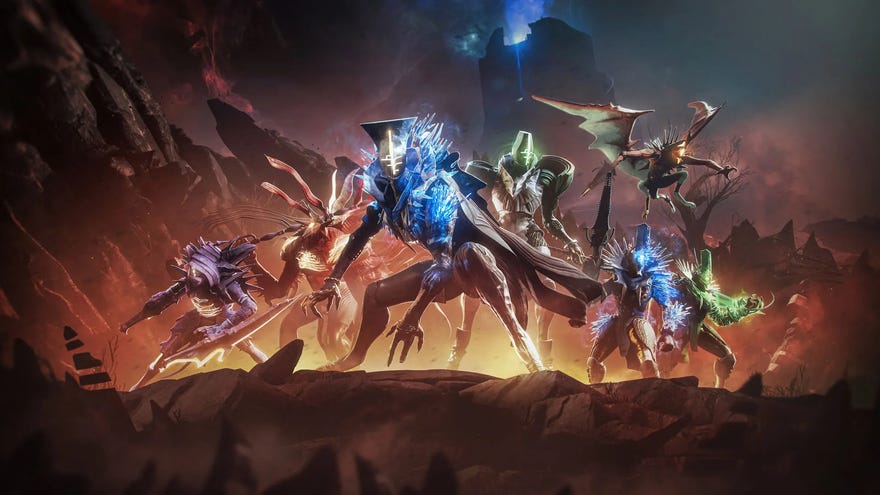Bungie layoffs “couldn't be avoided” even if Destiny 2 The Final Shape had "blockbuster performance”, says report
The lauded expansion has apparently sold worse than the panned Lightfall
This week's mass layoffs at Destiny studio Bungie were planned out months ago, former employees have told journalist Stephen Totilo at Game File (paywalled). According to Totilo, Bungie leadership "overstated their studio’s financial prospects to Sony" after the latter bought Bungie in 2022 for $3.6 billion. The latest cuts were necessary to prevent continued losses, says the report, after Bungie missed Sony’s targets following the release of last year’s Lightfall.
On Wednesday, it emerged that Bungie were laying off 220 people - about 17% of their total workforce - across multiple departments including design, art, narrative, and sound. Additionally, they announced the transfer of a further 155 roles to SIE, with the aim to form a new PlayStation studio working on an “untitled incubation project.”
CEO Pete Parsons attributed the upheaval to dire financial straits at the studio, mentioning “a broad economic slowdown, a sharp downturn in the games industry,” and “our quality miss with Destiny 2: Lightfall”. Although Totilo’s sources point out that the well-received Final Shape actually sold worse than the panned Lightfall, the recent layoffs seemingly have little to do with the Final Shape’s commercial performance either way, and “couldn't be avoided” even if The Final Shape had "blockbuster performance”.
The layoffs sound to be a continuation of the cuts made last October, which saw around 100 staff laid off, including veteran composer Michael Salvatori. The report also suggests that Bungie’s financial troubles existed long before the Sony acquisition, with one former employee saying the "alternate history is insolvency" if the studio weren’t acquired, adding "Destiny is an incredibly expensive game to make.”
As for the future of Destiny 2 itself, Moises Taveras at Kotaku paints a picture of a much-diminished on-going timeline for the FPS, which is unsurprising given how much critical talent is no longer with the studio. “There appears to be no certainty that Destiny will even be around in a few years,” writes Taveras, “or that it’s a priority to the studio outside of being a cash cow riddled with microtransactions.”









